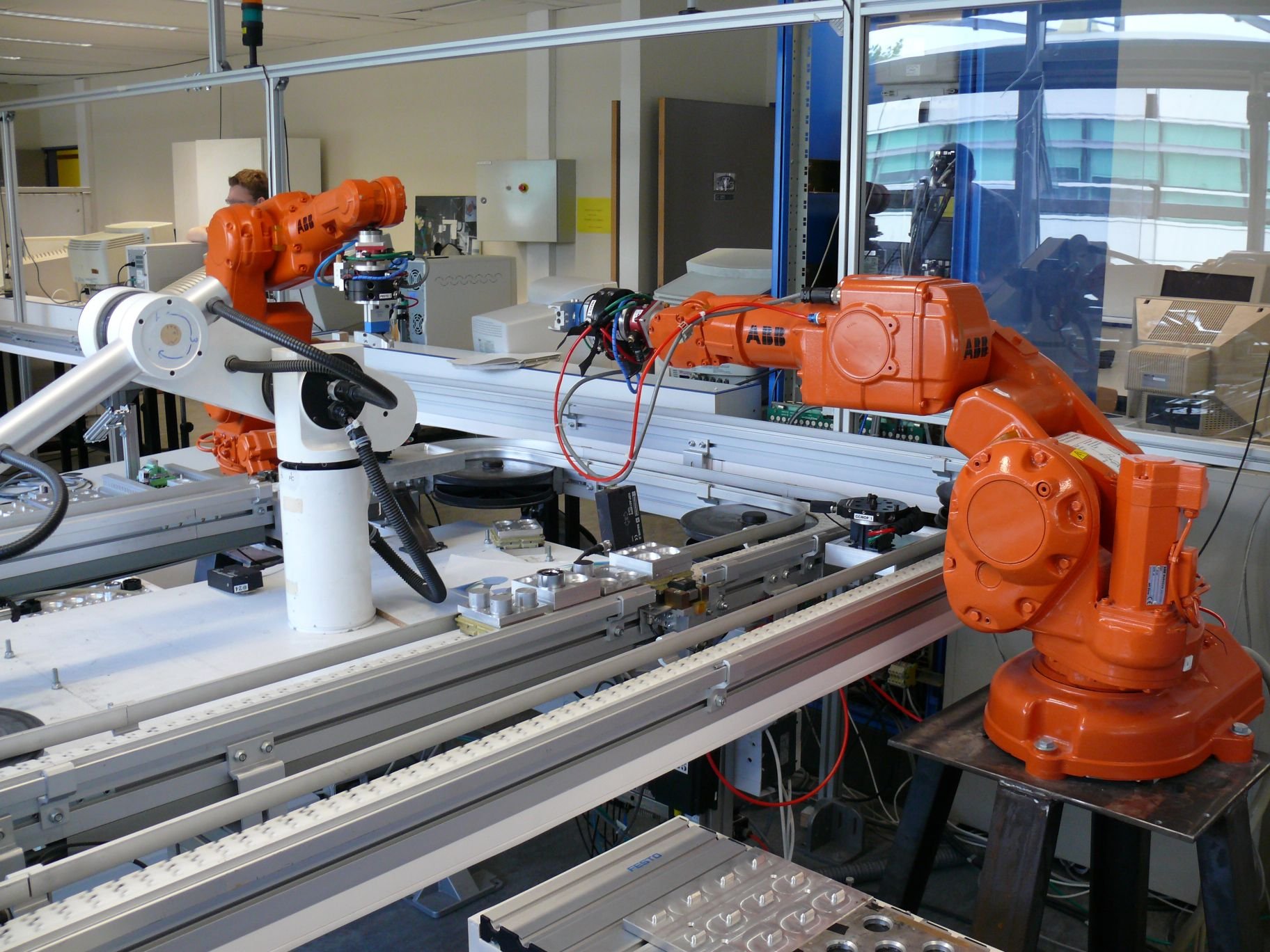At the last annual shareholders meeting, the head of Deutsche Bank, Christian Sewing, announced that the staff would be reduced by 7,000 people, from 97,000 now to 90,000 by the end of 2019. The bank is doing this within the framework of the program on optimization of expenses and automation of operations. The top manager noted that the bank will continue to invest in the automation of activities, in particular, in the development of services for the use of robotic consultants (robo-advising).
At the end of last year, the previous head of Deutsche Bank, John Cryan warned that the development of technologies would significantly reduce the number of jobs in the banking sector. "In our bank there are people who perform work like robots. Tomorrow, we will have robots that will behave like people. It does not matter whether our bank will take part in these changes, or not, they will still happen," he warned.
The day before Deutsche Bank’s announcement, the International Monetary Fund issued a working paper on the impact of automation on the economy. Experts came to the conclusion that automation is good for economic growth and bad for equality. Increasing productivity at the expense of robots in the short term leads to a fall in wages and an increase in the return on capital - both conventional and robotic assets.
Last year, the London School of Economics published a study on the said topic. It emphasizes that, since the early 1990s, the exit from recessions in the US has been accompanied by very weak employment growth.
The school's experts analyzed data on 71 recessions in 28 economic sectors of 17 countries around the world from 1970 to 2011. They found that there’s one similar feature: if GDP growth after recessions is slowly recovering, then the labor market is recovering much worse. This happens regardless of whether this industry is attractive for the growth of automation, or not. The experts concluded that automation is not necessarily the main reason for the decline in the labor market, especially in developed countries.
With proper business planning, the introduction of automation in production creates new jobs. However, this does not apply to all industries. A recent review of The Wall Street Journal analyzes the experience of Bosch, BMW, Electrolux and the Finnish consumer goods manufacturer Fiskars.
For example, 4,200 employees worked at the BMW plant in Spartanburg before the latest production modernization. After the automation, the number of jobs on it increased to 10 thousand.
New employees are engaged in inspections of robots that perform routine work, for example, on placement of sound-absorbing insulation in the car door. Previously such work was done by people - with less productivity and more damage. Due to changes in the plant, it was possible to significantly improve the quality of products and double productivity.
In the Swedish company Electrolux, robotics created 2 thousand new jobs from 2011 to 2017. Removing people from routine assembly operations, the company not only re-qualifies them as quality controllers, but also creates new jobs in the engineering, design and marketing divisions.
source: ft.com
At the end of last year, the previous head of Deutsche Bank, John Cryan warned that the development of technologies would significantly reduce the number of jobs in the banking sector. "In our bank there are people who perform work like robots. Tomorrow, we will have robots that will behave like people. It does not matter whether our bank will take part in these changes, or not, they will still happen," he warned.
The day before Deutsche Bank’s announcement, the International Monetary Fund issued a working paper on the impact of automation on the economy. Experts came to the conclusion that automation is good for economic growth and bad for equality. Increasing productivity at the expense of robots in the short term leads to a fall in wages and an increase in the return on capital - both conventional and robotic assets.
Last year, the London School of Economics published a study on the said topic. It emphasizes that, since the early 1990s, the exit from recessions in the US has been accompanied by very weak employment growth.
The school's experts analyzed data on 71 recessions in 28 economic sectors of 17 countries around the world from 1970 to 2011. They found that there’s one similar feature: if GDP growth after recessions is slowly recovering, then the labor market is recovering much worse. This happens regardless of whether this industry is attractive for the growth of automation, or not. The experts concluded that automation is not necessarily the main reason for the decline in the labor market, especially in developed countries.
With proper business planning, the introduction of automation in production creates new jobs. However, this does not apply to all industries. A recent review of The Wall Street Journal analyzes the experience of Bosch, BMW, Electrolux and the Finnish consumer goods manufacturer Fiskars.
For example, 4,200 employees worked at the BMW plant in Spartanburg before the latest production modernization. After the automation, the number of jobs on it increased to 10 thousand.
New employees are engaged in inspections of robots that perform routine work, for example, on placement of sound-absorbing insulation in the car door. Previously such work was done by people - with less productivity and more damage. Due to changes in the plant, it was possible to significantly improve the quality of products and double productivity.
In the Swedish company Electrolux, robotics created 2 thousand new jobs from 2011 to 2017. Removing people from routine assembly operations, the company not only re-qualifies them as quality controllers, but also creates new jobs in the engineering, design and marketing divisions.
source: ft.com





